
Guide to Sex After 60

60-Plus: Still Sexy
Sex after 60? That’s a big yes. Many mature couples have better love lives than they did in their more youthful days. There are lots of reasons for this. They have deeper intimacy with partners, fewer distractions, no pregnancy concerns, and just plain more time to get busy. Plus, they have much more know-how and done-that than those young things on TV.
Hormonal Changes
Around midlife - age 45 or so-- new issues can temporarily dampen your love life, though. Sex hormones take a big dip. For women, menopause brings a plunge in estrogen and androgens. Your vaginal walls get thinner and drier. Men see a nosedive of testosterone and estrogen about the same time. This can make it difficult to get an erection (erectile dysfunction, or ED). Changes in the brain and your blood flow switch things up, too.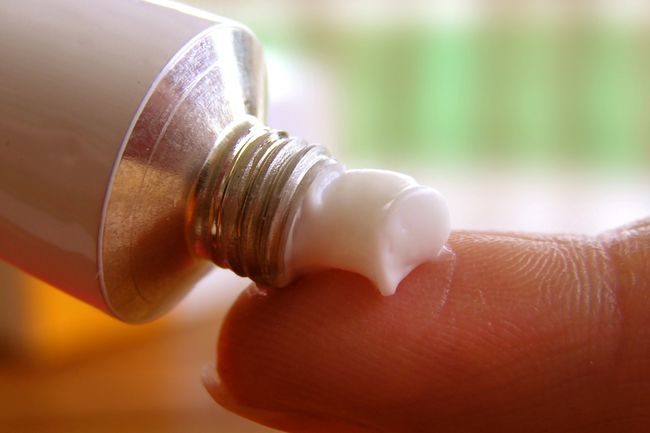
Vaginal Changes
The main sexual problems for women tend to be trouble getting to orgasm, lack of desire, and vaginal dryness. Your vagina shortens and narrows with age. It doesn’t moisten itself as easily as before. This can cause pain when you have sex. Lubed condoms, water-based lubricating jelly, and vaginal moisturizers might do the trick. Your doctor might also prescribe vaginal estrogen, which comes as a cream, a pill or tablet, or an insert.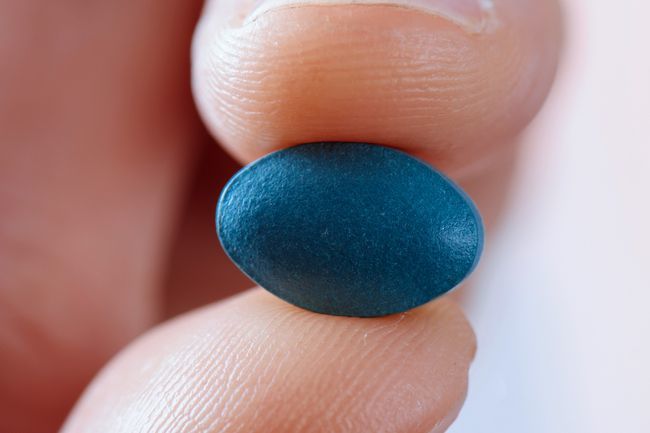
Erectile Dysfunction
The main age-related sexual problem for men is erectile dysfunction, or ED. Erections don’t come - and stay - like they used to. Your penis might not get as hard or big as before. One of four ED drugs might be the answer. But they can have side effects. They can also clash with drugs that contain nitrates. Be wary of herbs and supplements that promise a fast fix. Always talk to your doctor before you try them.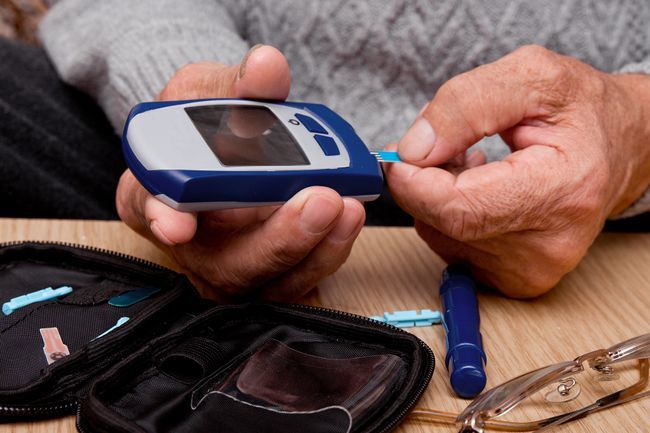
Diabetes
Diabetes can cause ED for men, especially those with type 2. Poor blood sugar control can, over time, damage nerves and blood vessels that supply sex organs. Meds, a penis pump, or even a penile implant can help. Women with this condition can also have less feeling in their genitals. It also causes more vaginal yeast infections, which can irritate this area and make it difficult or unpleasant to have sex. But they’re easily treated.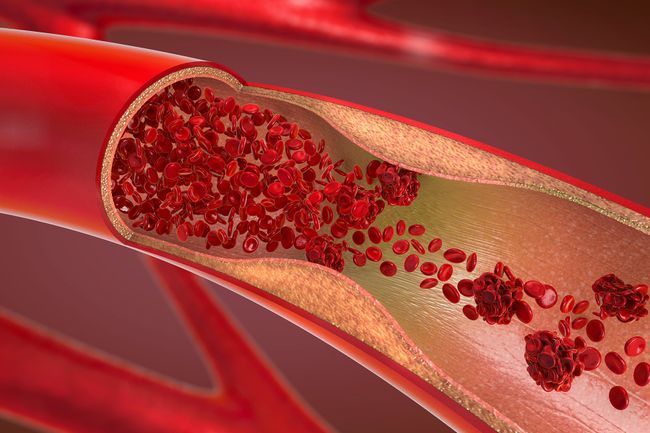
Heart Disease
A heart attack during sex might make for good TV, but it doesn’t often happen in real life. Heart disease does make your arteries narrow and harden, so your blood doesn’t flow as easily. You might find it hard to get aroused or have orgasms. But once it’s treated, your doctor likely will give you the green light. Be sure to tell your doctor about any chest pain, problems breathing, or symptoms that get worse.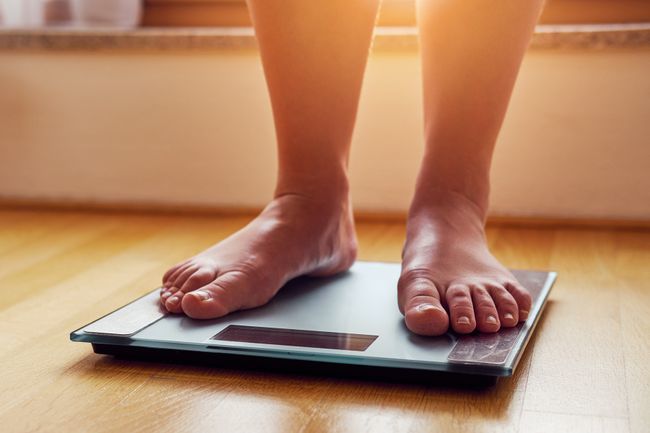
Other Challenges
Other medical conditions that can affect your sex life include weight gain, arthritis, chronic pain, bladder control problems, dementia, high blood pressure or cholesterol, side effects from meds, depression, and stroke. Also, surgery - especially in sexual areas - can affect your self-image and how you feel. Talk with each other about ways you can stay close. Put aside caregiving roles when you can to focus on being a partner.
Talk to Your Doctor
You might not find it easy to talk about this subject with your doctor. The truth is, they might have trouble talking about it, too. They might be more likely to bring it up when it relates to other conditions. It can help to ask direct questions, such as: Can you recommend a sex counselor, and is this covered by Medicare? Do any of my meds cause sex problems? Would it help me to take estrogen? Is there an alternative to ED drugs?
Sex Therapy
If your primary doctor isn’t helpful, consider a sex therapist or other trained counselor. They’ll talk with you about your concerns and help come up with ways to meet your needs as a couple. Maybe the answer is more foreplay, or more direct stimulation. If a condition like arthritis makes it hard to enjoy sex, they can suggest new positions that are more comfortable and satisfying for you both.
Get Creative
Common sense and a creative spirit can spark new ways to enjoy sex. For example, if a flat surface doesn’t work for your knees, a new position or special furniture can offer another angle. If you have problems getting aroused, a vibrator can help get blood moving. It’s natural to worry about “getting back into the swing of things” if you’ve been inactive for a while. But just having sex can help you relax and let desire take the lead.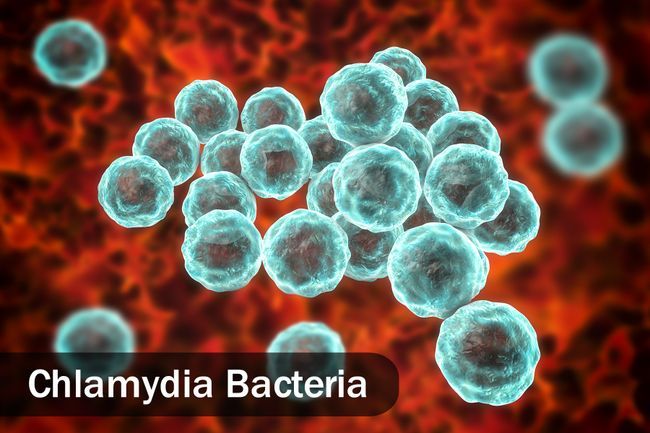
Safe Sex Is Still Important
STDs are equal-opportunity diseases: They don’t discriminate by age. If you’re sexually active, you’re at risk for STDs. These include chlamydia, genital warts or herpes, gonorrhea, hepatitis B, syphilis, and trichomoniasis. Also, the number of older people with HIV and AIDS is growing. You should always keep up on your checkups and tests, use condoms, and keep up honest communication with your partner.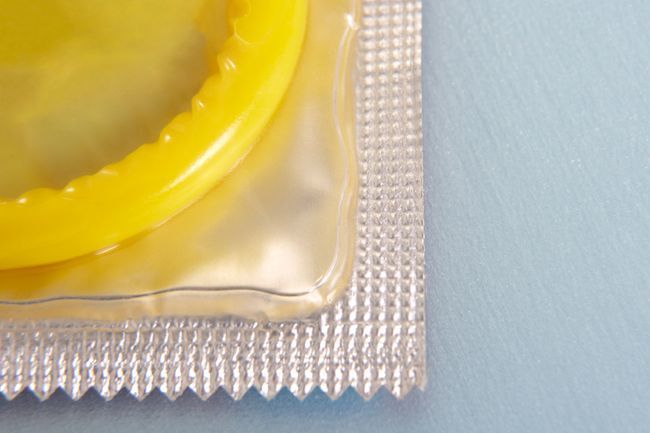
Changing Partners
With better health, meds, and more ways to meet people, such as online, older adults can enjoy dating - and sex - at any age. But you need to stay savvy. Learn your partner’s history before you have sex of any kind. Both of you should get tested first, too. Always use a condom and water-based lubricant, which protects against sores or cuts that can raise your chances of getting a sexually transmitted disease (STD).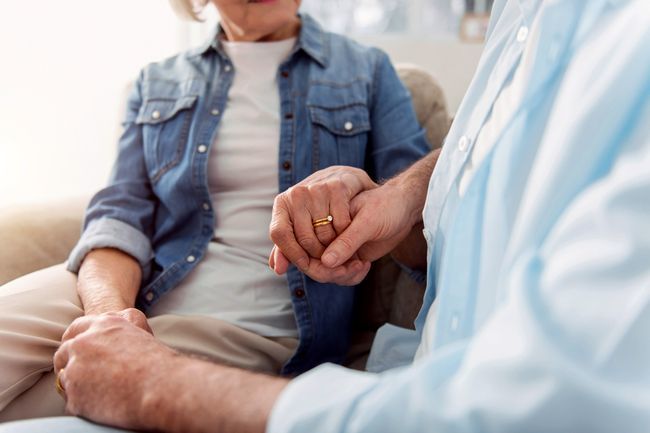
Differences in Desire
Couples clash at times about sex drive - or lack of it. For women, the drop in estrogen, bowel and bladder problems, breast atrophy, or cystitis after sex can dampen desire. Men with ED or other problems might just not want to “go there.” Think about your partner’s point of view. When you talk about your feelings and needs, do it from an “I” standpoint: “I’d enjoy it if we … .” This lets you express yourself without hurting feelings.
Why You Should Bother
Why bother, you ask? Short answer: The benefits of sex are many. Just a few reasons to keep at it (and going solo counts): It boosts your immune system, burns calories, lowers blood pressure, helps you relax, eases pain, keeps your mind sharp, and may lessen the risk of heart attack and prostate cancer. It keeps you and your partner close. It just may help you live longer. Oh, and it makes you happy.
Different Strokes
You can be intimate and loving - and sexy, too - without intercourse. Lovemaking includes caressing, hugging, kissing, and manual or oral stimulation. Any loving or intimate expression can make your intimate life full. If you don’t have a partner, self-stimulation - aka masturbation - is a healthy, satisfying route to reap the many benefits of sex.











